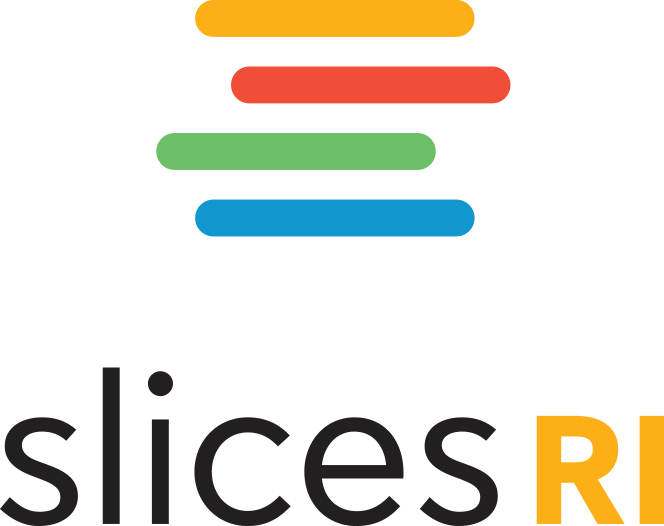
Nate Foster
speaker
My research uses ideas from programming languages to solve problems in networking, databases, and security. Some specific topics of interest include language design, semantics, type systems, and mechanized proof. Recently I’ve been spending most of my time thinking about how to design better languages and tools for computer networks.
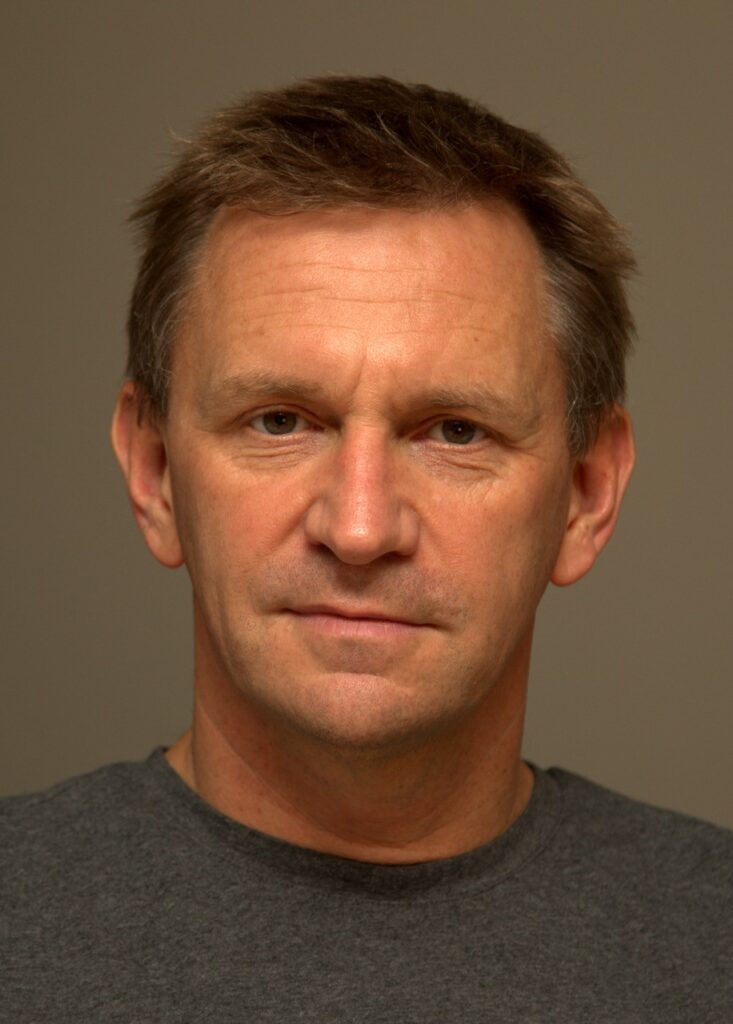
Nick McKeown
speaker

Jennifer Rexford
speaker
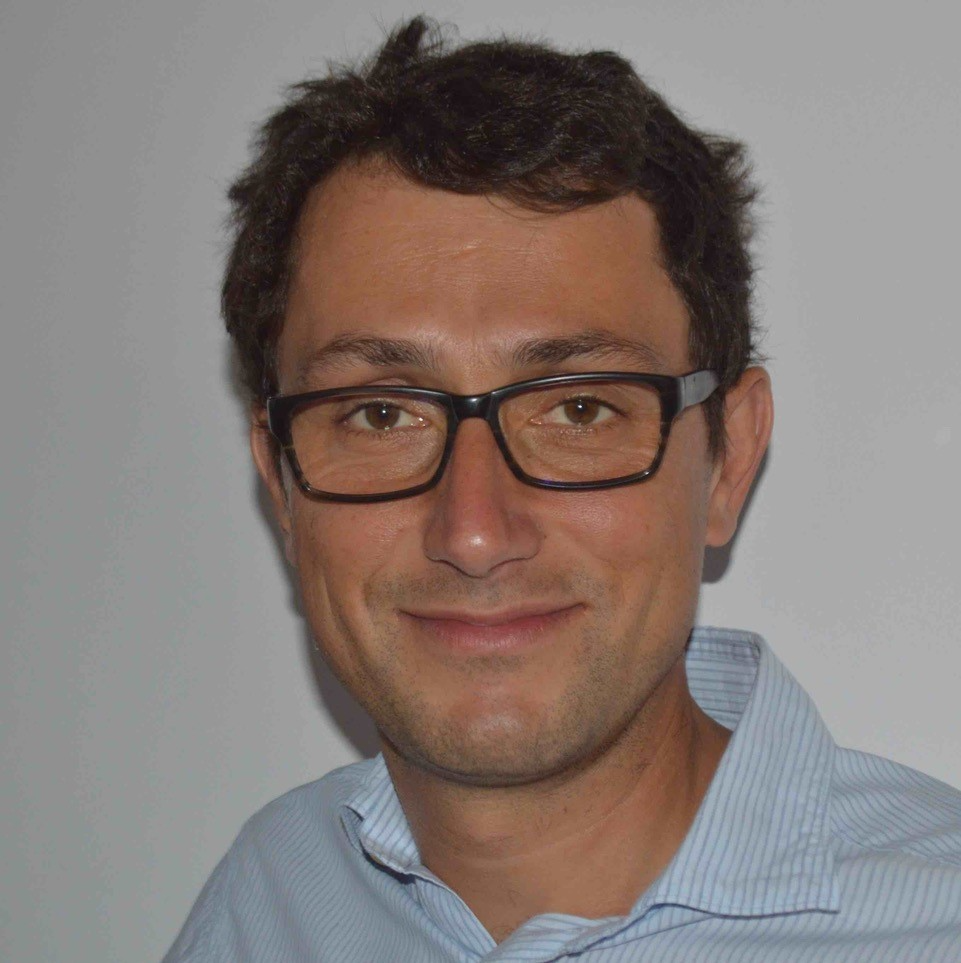
Costin Raicu
speaker
Associate Professor at University Politehnica of Bucharest where he leads the Netsys group, and co-founder of Correct Networks, a spin-off of University Politehnica of Bucharest. Costin finished his Ph.D. at UCL in 2011. His current research focus is on network verification. In his past work, Costin was one of the main people behind the development, implementation, and standardization of Multipath TCP, a protocol that is now deployed by Apple and Samsung on their mobile devices. Recently, Costin worked on NDP, which is a radical redesign of the data center networking stack (Sigcomm 2017). Correct Networks is a recently-created spin-off of UPB that aims to develop and commercialise products based on the research of the Netsys group. It is now working on developing products for serverless packet processing services within the Unicore EU project.
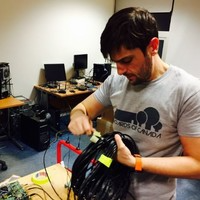
Georgios Nikolaidis
speaker
I am interested in designing and building high performance networked systems, especially distributed systems, wireless systems, and operating systems.
C/C++, Python, P4, Bash or whatever comes my way.
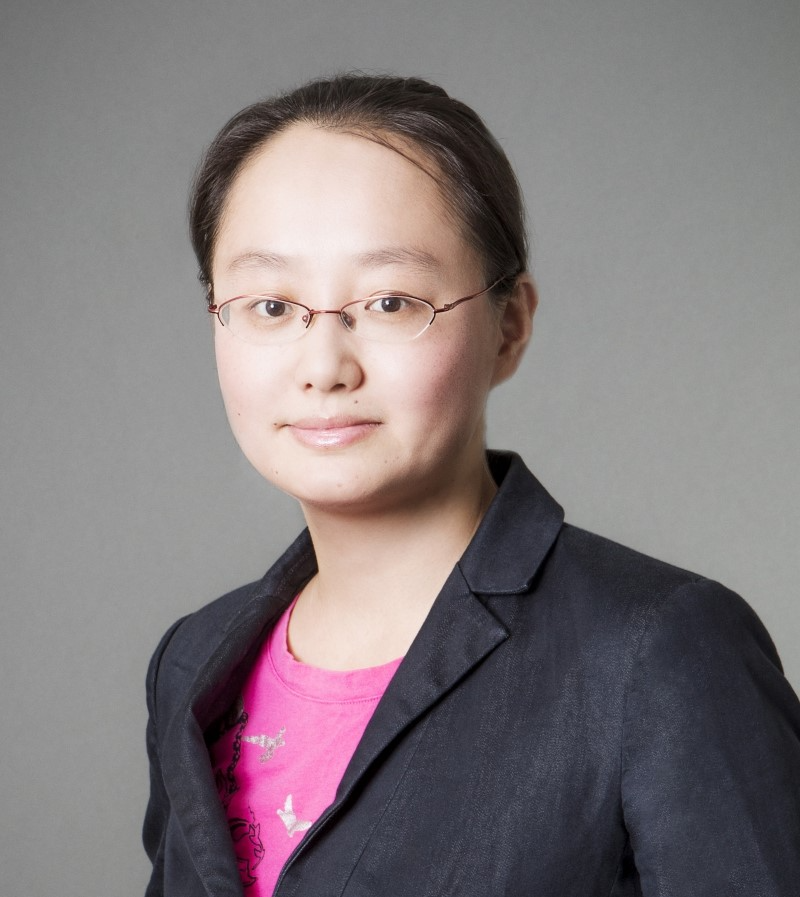
Minlan Yu
speaker
Minlan Yu is a Gordon McKay professor at Harvard School of Engineering and Applied Science. She received her B.A. in computer science and mathematics from Peking University and her M.A. and PhD in computer science from Princeton University. She has actively collaborated with companies such as Google, AT&T, Microsoft, Facebook, and Intel. Her research interests include data networking, distributed systems, enterprise and data center networks, and software-defined networking. She received the ACM-W rising star award, NSF CAREER award, and ACM SIGCOMM doctoral dissertation award. She served as PC co-chair for NSDI, HotNets, and several other conferences and workshops.
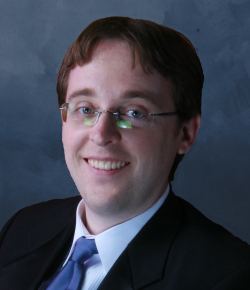
Matt Caesar
organizer
I am an Associate Professor in the Department of Computer Science at UIUC. I am also an Affiliate Associate Professor in the Department of Electrical and Computer Engineering, an Affiliate Research Professor in the Coordinated Science Laboratory, Affiliate Associate Professor in the School of Information Sciences, and a member of the Information Trust Institute. I am also Chief Science Officer of Veriflow and I serve as the Director of Education for ACM SIGCOMM. I received my Ph.D. in Computer Science from UC Berkeley.
My research focuses on the design, analysis, and implementation of networked and distributed systems, with an emphasis on network virtualization, routing, network algorithms, systems security, and cloud services. I like taking a multi-pronged approach to system design, building systems that work well in practice but are grounded in strong theoretical principles. My recent work involves network security, network verification, and Internet of Things.
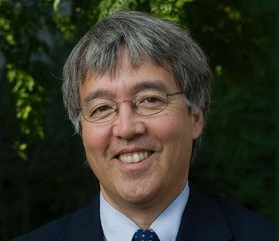
Jim Kurose
organizer
Jim Kurose is a Distinguished University Professor in the College of Information and Computer Sciences at the University of Massachusetts Amherst, where he has been on the faculty since receiving his PhD in computer science from Columbia University. He received a BA in physics from Wesleyan University. He has held a number of visiting scientist positions in the US and abroad, including the Sorbonne University, the University of Paris, INRIA and IBM Research. His research interests include computer network architecture and protocols, network measurement, sensor networks, and multimedia communication. He is proud to have mentored and taught an amazing group of students, and to have received a number of awards for his research, teaching and service, including the IEEE Infocom Award, the ACM SIGCOMM Lifetime Achievement Award, the ACM Sigcomm Test of Time Award, and the IEEE Computer Society Taylor Booth Education Medal. With Keith Ross, he is the co-author of the best-selling textbook, Computer Networking: a Top Down Approach (Pearson), now in its 8th edition. He is a member of the National Academy of Engineering and a Fellow of the ACM and the IEEE.
From January 2015 to September 2019, Jim was on leave, serving as Assistant Director at the US National Science Foundation, where he led the Directorate of Computer and Information Science and Engineering (CISE). With an annual budget of nearly $1B, CISE’s mission is to uphold the nation’s leadership in scientific discovery and engineering innovation through its support of fundamental research in computer and information science and engineering and transformative advances in cyberinfrastructure. Here is a blogpost on his NSF work. While at NSF, he also served as co-chair of the Networking and Information Technology Research and Development Subcommittee (NITRD) of the National Science and Technology Council Committee on Technology, facilitating the coordination of networking and information technology research and development efforts across Federal agencies. In 2018, Jim also served as the Assistant Director for Artificial Intelligence in the White House Office of Science and Technology Policy (OSTP).

